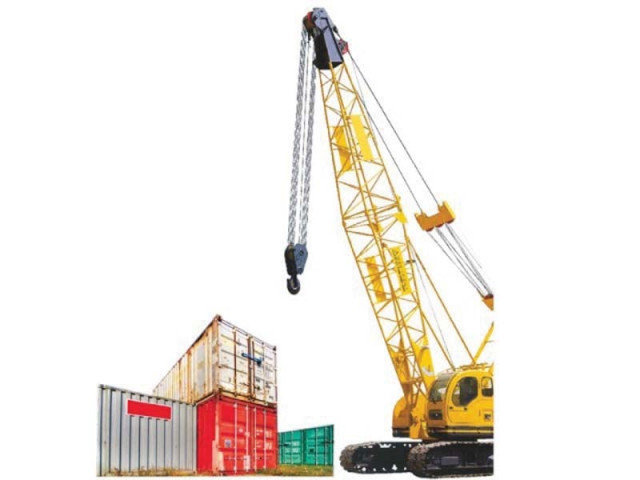Pakistan’s FTAs have borne no fruit so far
Trade statistics paint a sorry picture, imports continue to soar

Trade statistics paint a sorry picture, imports continue to soar. CREATIVE COMMONS
Developing countries sign free trade agreements (FTAs) with trading partners mainly to increase exports and create better-paying jobs at home.
In Pakistan’s case, however, tariff revisions under FTAs have clearly not worked in its favour, numbers show. Pakistan has signed trade agreements with five countries, namely China, Indonesia, Malaysia, Sri Lanka and Mauritius.
“None of the major trade agreements Pakistan has signed have shown a significant increase in its exports. However, imports have shown a healthy increase post-all major FTAs signed by Pakistan,” according to an assessment of trade agreements carried out by the Pakistan Business Council (PBC), an advocacy platform consisting of 47 of Pakistan’s largest businesses.
Pakistan had a trade deficit with China, Malaysia and Indonesia when it signed FTAs with them in 2006, 2008 and 2013, respectively. Its trade balance was still in negative with these countries at the end of 2014, data shows.
However, Pakistan has managed to maintain a trade surplus – albeit a small one – with Sri Lanka ($217 million) and Mauritius ($21.3 million) in post-FTA years. With the exception of China, none of these countries was among Pakistan’s top-five import and/or export partners at the end of 2014. As for China, it became Pakistan’s largest import partner, leaving behind Saudi Arabia and the United Arab Emirates, in the post-FTA years.
Read: PBC’s report on Pakistan-Indonesia trade
China’s share in Pakistan’s imports was less than 12% in 2009, but increased to more than one-fifth of its total imports at the end of 2014. China held a 5.6% share in Pakistan’s exports in 2009, which increased to 9.1% in 2014.
So what does the change show?
In its 2013 study on China-Pakistan trade partnership in the post-FTA era, the PBC found that Pakistan “appeared to have failed to benefit fully” from the agreement. The study said it was due to either Pakistani businesses were not part of the FTA negotiations or the Pakistani negotiators simply lacked the requisite information to negotiate the agreement.
In a separate assessment of the Malaysia-Pakistan FTA that was published earlier this week, PBC researchers noted that Pakistan’s exports to Malaysia have only “marginally increased” since the implementation of the FTA back in 2008.
“One reason for this failure lies in the fact that the items which have the highest potential for exports are either not part of Malaysia’s concession list or (where they are a part) competitors enjoy better tariff rates than Pakistan,” they said. Contrarily, Malaysia’s FTAs with India and China have tariffs that are lower than those in its FTA with Pakistan, putting Pakistani exports at a clear disadvantage.
Trade statistics paint a similarly gloomy picture in the case of Indonesia as well. Pakistan’s exports to Indonesia in 2014 were less than its exports in the preceding year, although Pakistan had signed a preferential trade agreement (PTA) with Indonesia in 2013.
In contrast, Indonesia’s exports to Pakistan surged 74.4% over the same year. Pakistan granted it duty preference for palm oil imports, doubling their value to $1.4 billion in a year. The PBC believes Pakistan failed to extract “any significant concessions” from its PTA with Indonesia.
One of the reasons Pakistan’s various trade agreements have not achieved the desired results is the lack of involvement of the Pakistani business community in the drafting of such agreements, according to the PBC.
Read: Data-sharing system planned to tackle misreporting
It says many local manufacturers and exporters are simply unaware of the exportable items that are part of the zero per cent tariff track in these FTAs.
“The government needs to ensure that the focus (in FTAs) is not only on concessions for agriculture-based exports, but that the value-added manufacturing sector has access to markets that allow it to develop critical mass,” it added.
The writer is a staff correspondent
Published in The Express Tribune, August 10th, 2015.
Like Business on Facebook, follow @TribuneBiz on Twitter to stay informed and join in the conversation.



















COMMENTS
Comments are moderated and generally will be posted if they are on-topic and not abusive.
For more information, please see our Comments FAQ